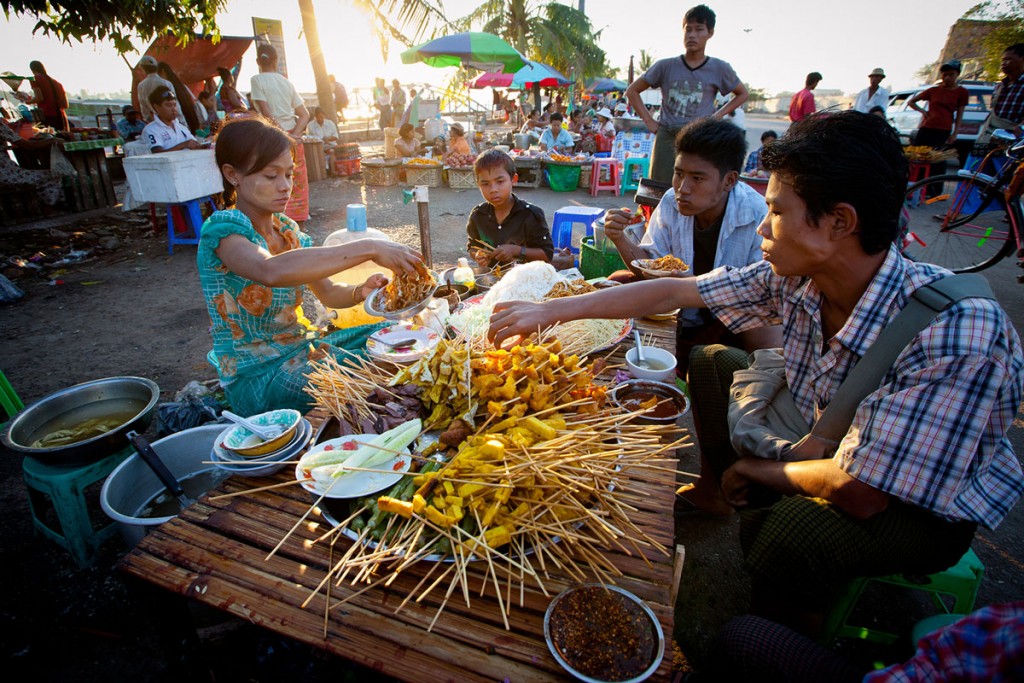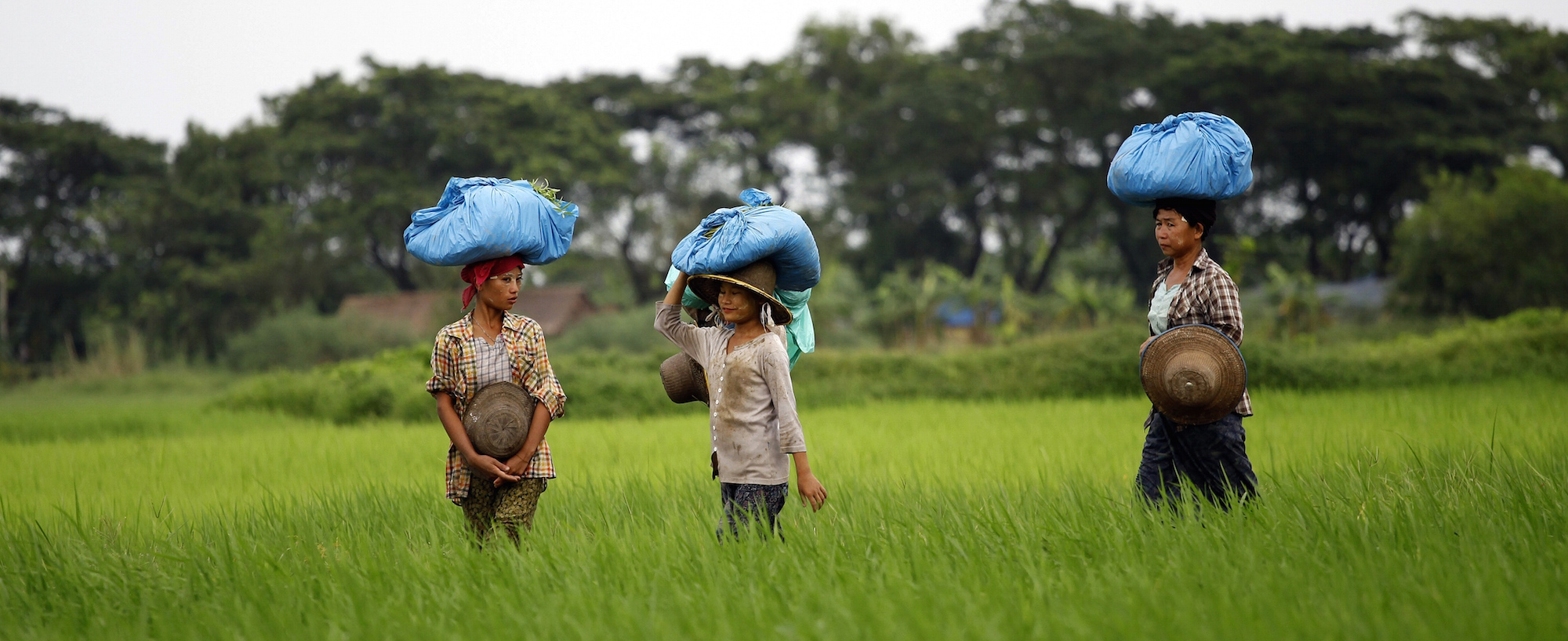Nicolin Mamuya has been awarded of the first ESOMAR Foundation scholarship in South Africa. This scholarship was sponsored by SSI- Survey Sampling International and in collaboration with SAMRA – Southern African Marketing Research Association. Hear directly from Nicolin about the impact of this scholarship on her life:
About Me
I am currently a 3rd year BCom (Bachelor of Commerce) Marketing Management student at the University of Johannesburg and my name is Nicolin Byansy Mamuya. I was born and raised on the 25th of November 1996 in Johannesburg, South Africa although both my parents are from Tanzania. I was however, raised by a single mother who always stressed about the importance of education.
I attended Progressive Primary and then went on to Rand girls’ High School in 2009. I was always the quiet girl in the background until the 10th grade when I joined the RAPS acting club. It was a huge boost to my confidence and I felt it safe to label myself an extrovert. I initially wanted to study BCom Law and placed Marketing as my second choice however, I was only accepted for Marketing.
My first year in Marketing was very insightful and by the time I finished my 2nd year, I was already speaking Marketing. I found myself constantly rating service performances and being able to spot marketing strategies in ordinary convenient stores. In my second year I was awarded a two year bursary from a well-known billboard and radio company called Primedia.
Now doing my 3rd year, I am a mentor for first year Marketing students as well as the Deputy Chairperson of the Democratic Alliance Student Organisation (DASO). I am also part of a group called Unique women were we aim to inspire and build women to achieve success. We are currently starting with visiting orphanages where we can assist, donate and speak to the young girls about working towards a bright future.
I am an outgoing, enthusiast who always plans for the future. Alongside my career in Marketing, I plan on opening a Jazz restaurant that offers a taste into the world. My ultimate goal in life however, is to be a strong, successful and influential woman, one that others can look at and admire but yet can relate to.
How will the scholarship help me and what do I expect from the experience?
On the 13th of March 2016 at 00:10am, 2 days before her birthday, my mother had a stroke. She was taken to the hospital where the doctor revealed the severity of the stroke. My family thought it best to return her to Tanzania where she would be properly taken care of. I was forced to grow up and learn to do things for myself. However, because my mom was the breadwinner it meant that I would suffer financially and my chances of pursuing Honours in Marketing would slim.
My lecturers always mention that a degree has become as common as a High school certificate, which means competition is very high. Hence, they constantly emphasize the importance of pursuing honours as a means of differentiating oneself. This scholarship will therefore, not only assist in providing for my basic needs but also the opportunity to pursue my Honours degree.
I would like the affiliation I have with the foundation to build on my personal career. I look forward to gaining greater insight on the Market Research field and hope to get the opportunity to apply my knowledge once I graduate. Greater insight and guidance in the field will assist in deciding which area in Market Research I would like to go into.
I am also hoping that my affiliation with the foundation, not just through the scholarship, will be a huge stepping stone towards my success in future, which in-turn, will also contribute towards the realisation of my long-term goals.
Nicolin Byansy Mamuya

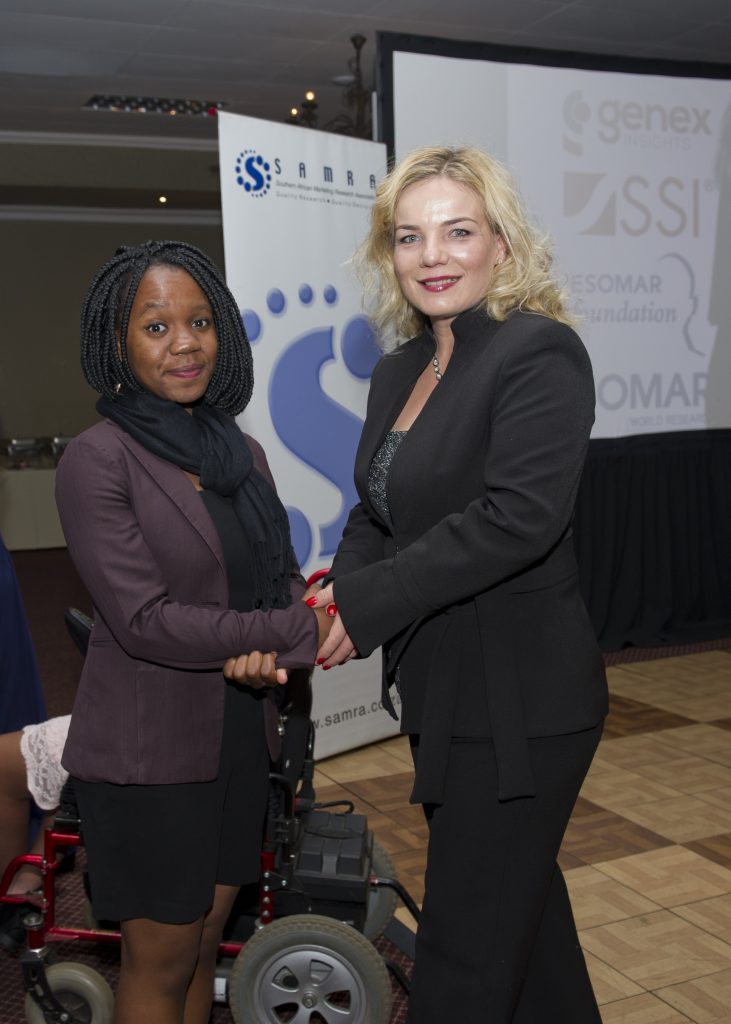
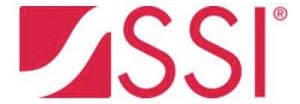

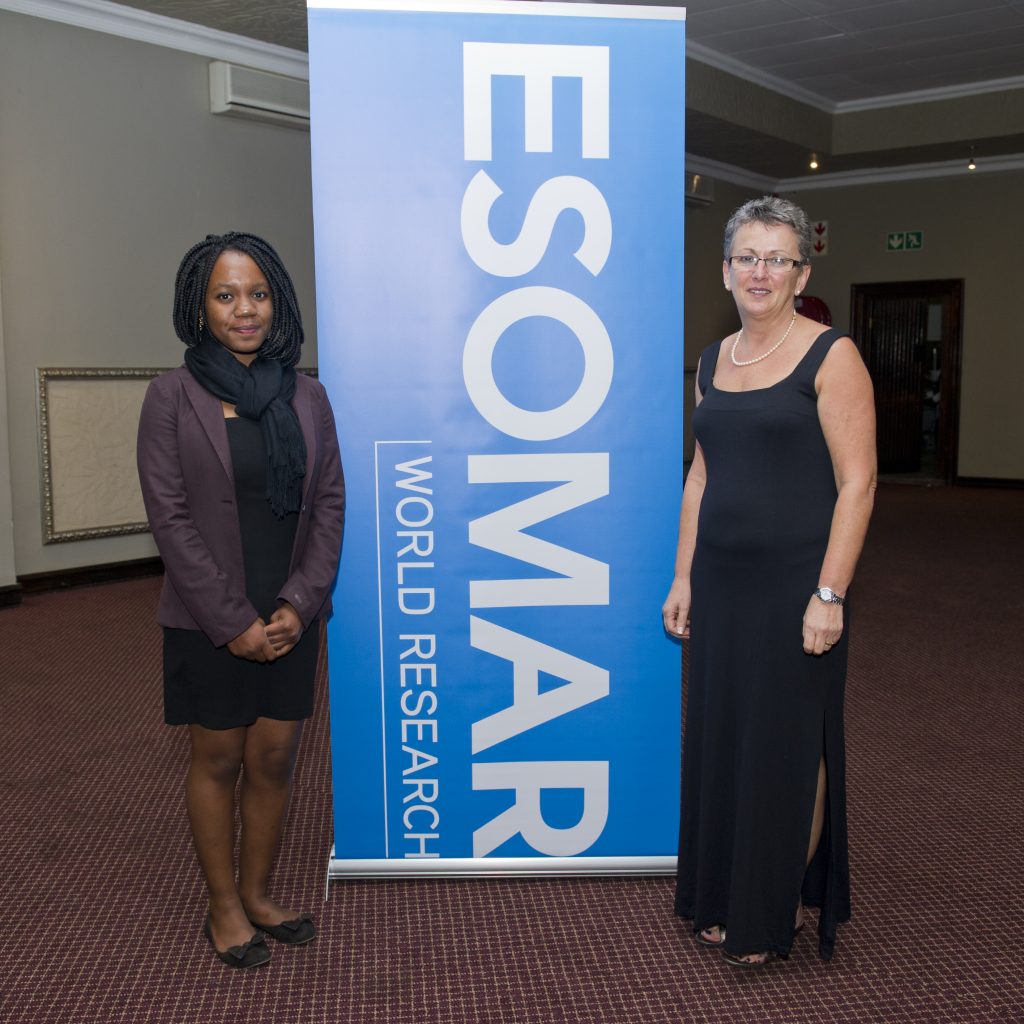
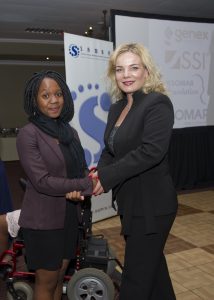
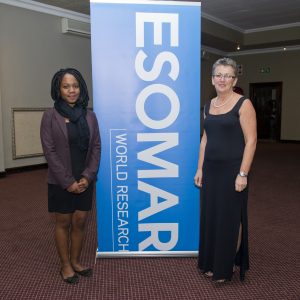
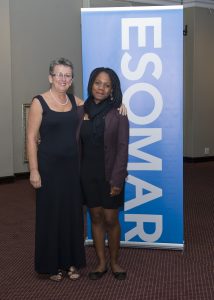
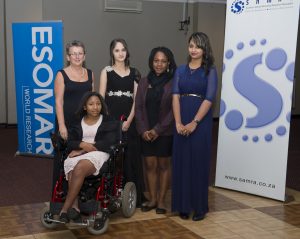
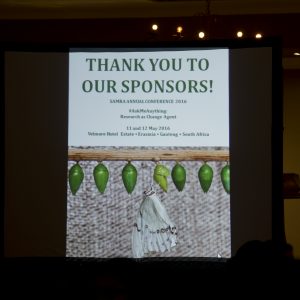

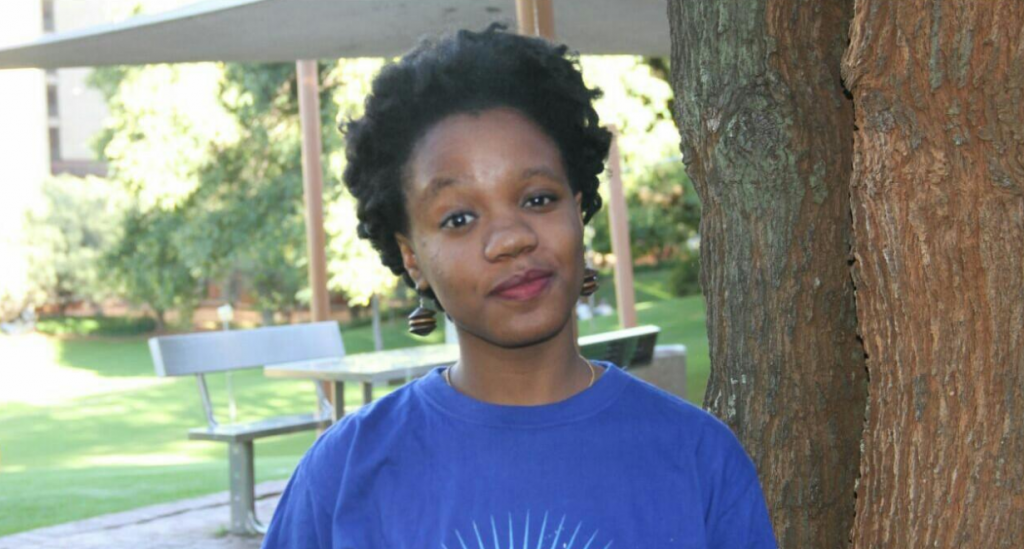
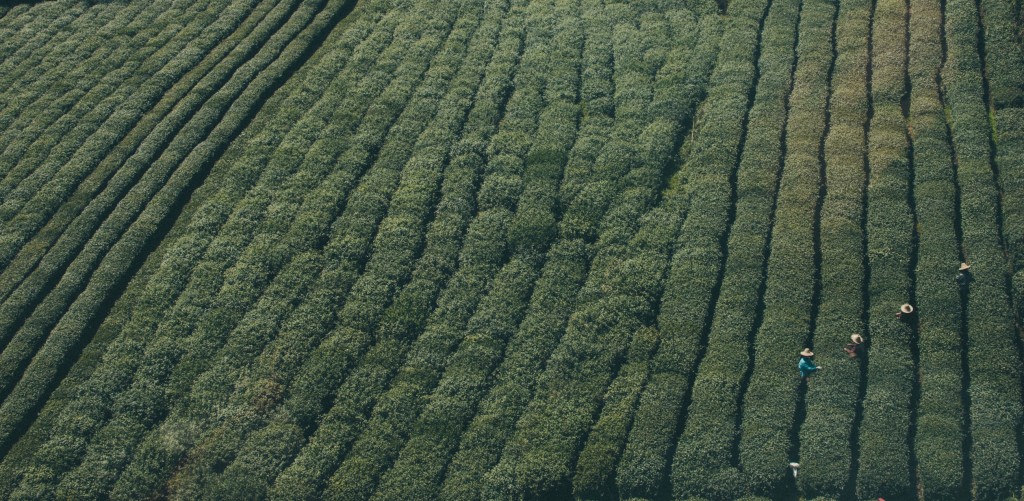
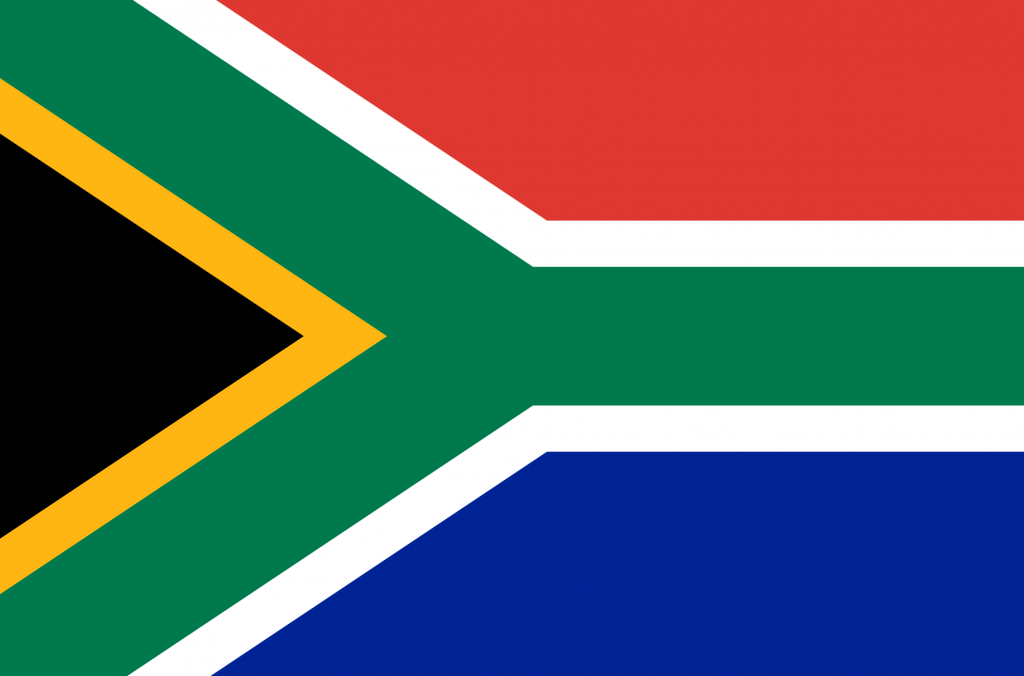
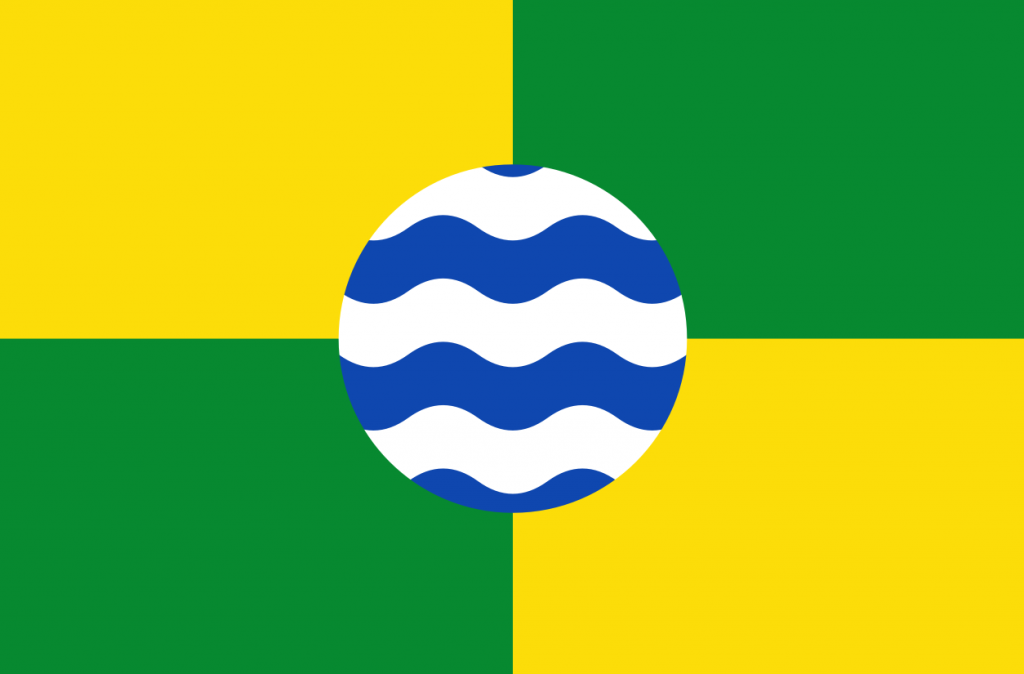
















![krea_orange_white[2] copy](/wp-content/uploads/2015/11/krea_orange_white2-copy-e1448967311116-150x150.png)


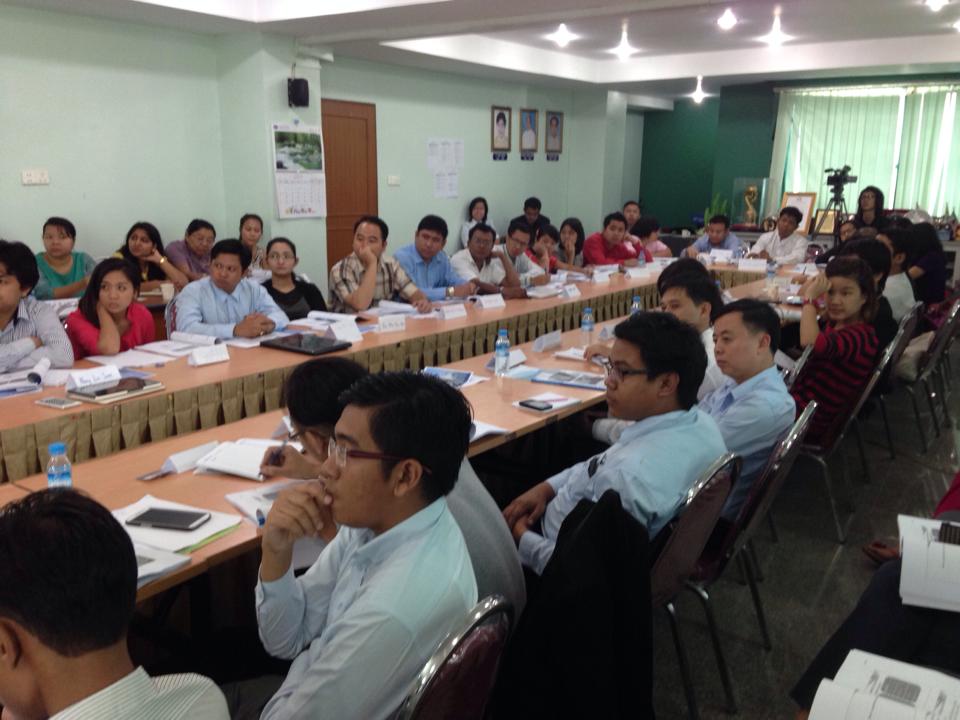
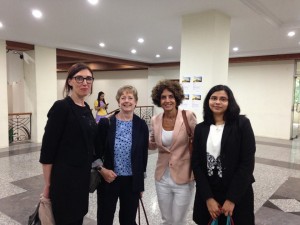 MMSA President Anna Khin Khin Kyawt commented “In my 23rd year of being an industry leader in Myanmar, I have seen many
MMSA President Anna Khin Khin Kyawt commented “In my 23rd year of being an industry leader in Myanmar, I have seen many Both ESOMAR Foundation and the MMSA would like to thank the 4 volunteers who have given so generously of their time to make the training a reality – Anna Thomas, Silvina Neder, Anagha Kanhere and Phyllis Macfarlane.
Both ESOMAR Foundation and the MMSA would like to thank the 4 volunteers who have given so generously of their time to make the training a reality – Anna Thomas, Silvina Neder, Anagha Kanhere and Phyllis Macfarlane.